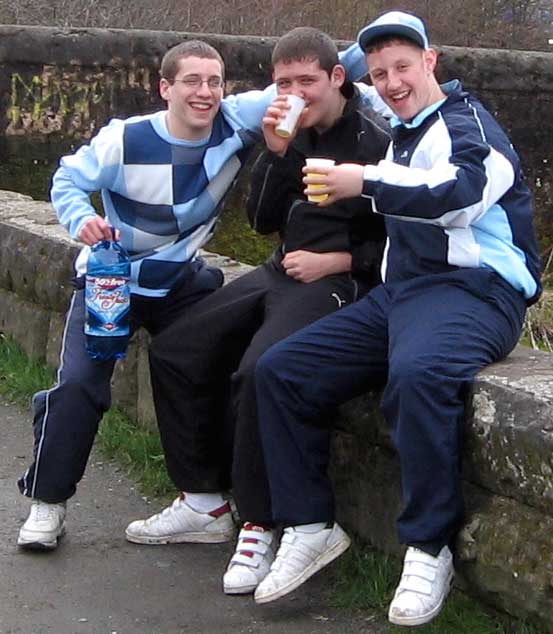 Somehow, finding out that a juvenile has committed a violent crime is more disheartening, even shocking, than when an adult commits the same crime. Studies have shown that juvenile delinquents can be divided into two categories: those with antisocial behaviors in early childhood, and those whose antisocial behaviors coincide with puberty.
Somehow, finding out that a juvenile has committed a violent crime is more disheartening, even shocking, than when an adult commits the same crime. Studies have shown that juvenile delinquents can be divided into two categories: those with antisocial behaviors in early childhood, and those whose antisocial behaviors coincide with puberty.
The good news is that delinquency among juveniles can be prevented with the right type of intervention. When intervention begins early, juveniles can be kept out of a system they don’t belong in.
Current research suggests that many programs already in place have a high rate of effectiveness. One of the largest components to keeping juveniles on the straight and narrow is education. How? Through positive social behavior curriculums.
The Classroom
Effective teachers maintain positive behaviors in their classrooms and expect the same from their students. Teachers should establish rules and boundaries on the very first day of school. Many experts agree that allowing students to be part of a rule-making activity heightens adherence.
Conflict resolution procedures can be essential to the positive behavior of children. Little ones are not born understanding how to solve conflict. A great teacher can guide children in solving issues with peers in a non-violent, conversational way.
Bullying prevention programs are becoming popular in classrooms and schools as a whole. When children hold each other accountable, they are more likely to prevent bullying behaviors or identify bullies early on. Once bullies are identified and given better tools with which to handle their emotions, delinquency can be prevented.
After School
Studies have shown that children who are involved in sports, mentoring programs, and school organizations have a lower rate of delinquency. The key may lie in keeping children occupied and off of the streets, but it may also be that these type of programs teach teamwork and the right social skills.
Children need to be taught how to handle issues and problems correctly. A mentor, coach or teacher can be a strong influence on a pre-teen or teen. Enrolling children in an after-school program or sport can help encourage positive behaviors.
Children are not born bad, but some take a wrong path in life. When children are taught the proper coping and social skills, they are less likely to commit crime. Juveniles who do not break the law are less likely to become adult offenders.
If your child has been arrested for a crime, we are here for you. Our attorneys have extensive experience in juvenile law. Call our offices today for a free initial consultation. We will review the facts of the case and work to assist you and your family. Call now.
509 W Colonial Dr. Orlando, FL 32804
Law Office Directions
Free Consultation(321) 332-0430
Contact the Law Offices of Katz & Phillips today to speak with one of our attorneys about your case today by filling out the form below, or call us at (321) 332-0430.
"*" indicates required fields